Headlines:
- Ice Core Studies
- How Flu Multiplies
- Wednesday’s Mini-STEM school features Diana Tomback. Her topic will be: Evolution and the Origin of Life.
Features:
(5:20 into the show) Shelley Schlender visits the Visindi Circus to learn why some scientists by day become circus performers at night, and how science adds a whole new dimension to circus performances.
(13:00 into the show) Chip Grandits talks with Brian Hynek, for the CU Center for Astrobiology and makes this request: there are ~17 Billion Earth like planets in the Milky Way according to late-breaking estimates; so in this 10 minute segment, we can just go through the list – Mark will have about 35 ns for each planet to go over the prospects of finding life there.
Hosts: Chip Grandits and Jim Pullen
Producer: Shelley Schlender
Engineer: Shelley Schlender
Executive Producer: Shelley Schlender
Additional Contributions: Rabah Kamal
Podcast: Play in new window | Download (Duration: 24:33 — 22.5MB)
Subscribe: RSS







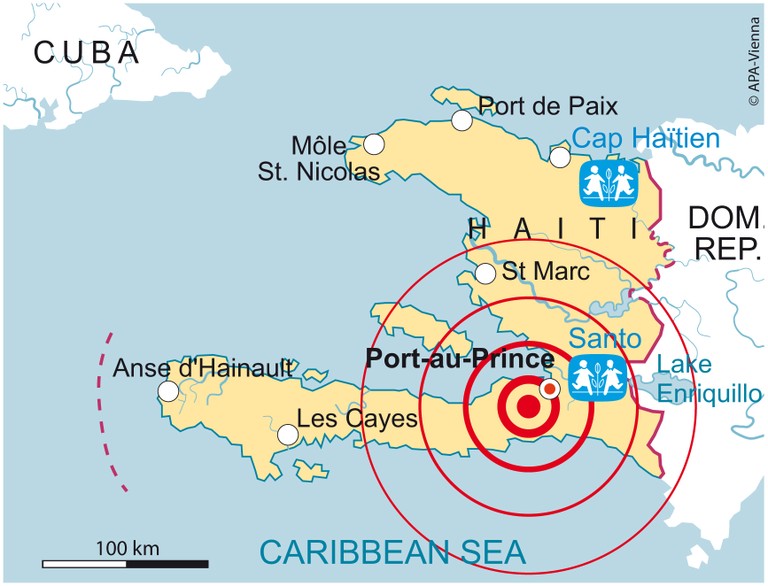
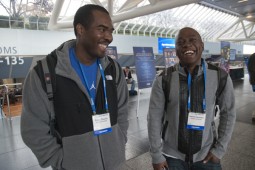
 Feature #2: (start time: 15:42) You’ve probably heard by now that 2012 was the warmest ever in the U.S. We’re not the only ones overheating. At the bottom of the world, over the last 50 years, West Antarctica has warmed more than scientists had thought. The implications are huge; an enormous ice sheet there may be at risk of long-term collapse, which could cause sea levels to rise alarmingly. Co-host Susan Moran speaks with
Feature #2: (start time: 15:42) You’ve probably heard by now that 2012 was the warmest ever in the U.S. We’re not the only ones overheating. At the bottom of the world, over the last 50 years, West Antarctica has warmed more than scientists had thought. The implications are huge; an enormous ice sheet there may be at risk of long-term collapse, which could cause sea levels to rise alarmingly. Co-host Susan Moran speaks with 




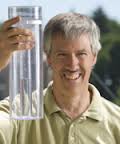

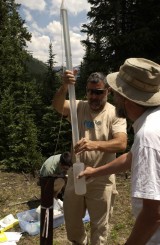


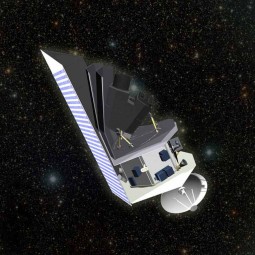





 Today on How On Earth we speak with Dr. Bernie Krause about how soundscapes can help us understand the health of ecosystems. Dr. Krause has been recording the whole sounds of nature all over the world for 40 years. His new book is The Great Animal Orchestra: Finding the Origins of Music in the World’s Wild Places.
Today on How On Earth we speak with Dr. Bernie Krause about how soundscapes can help us understand the health of ecosystems. Dr. Krause has been recording the whole sounds of nature all over the world for 40 years. His new book is The Great Animal Orchestra: Finding the Origins of Music in the World’s Wild Places.